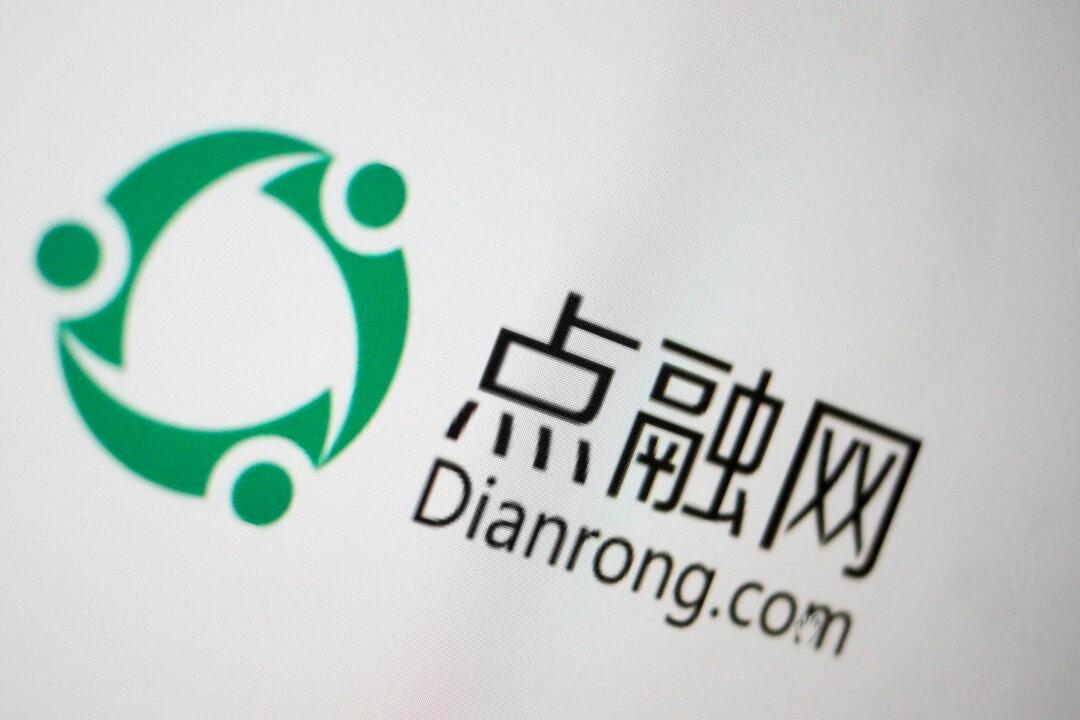SINGAPORE—Dianrong, one of China’s biggest peer-to-peer (P2P) lenders, is laying off staff and shutting stores. The company blamed the Chinese regime for its troubles and said the absence of clear-cut policies was proving to be a heavy burden.
“Some people wonder why Dianrong’s growth has slowed in the past two years. It was not because we did not want to or could not grow. It was because we were told not to grow,” Guo Yuhang, Dianrong’s co-founder, said in an internal memo seen by Reuters.





